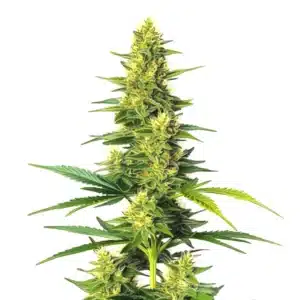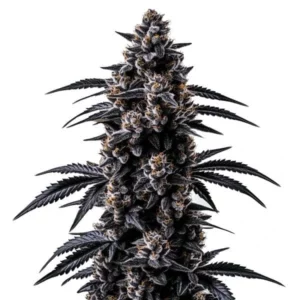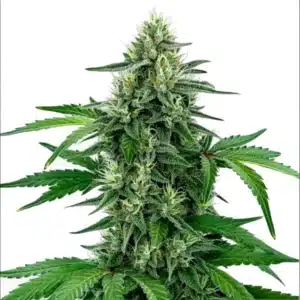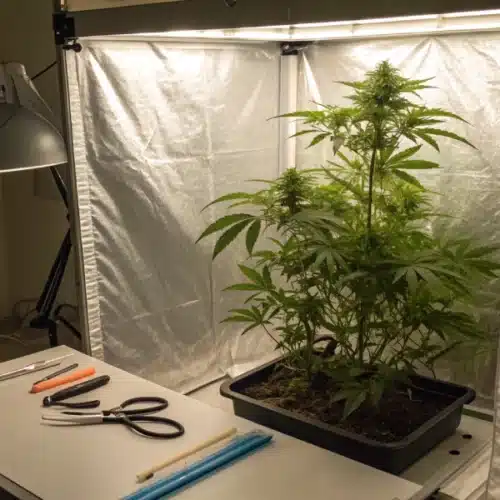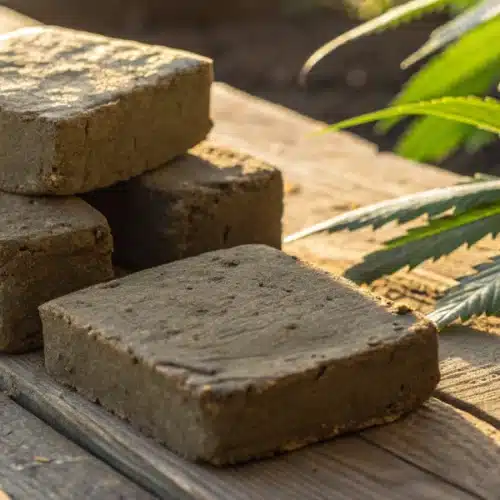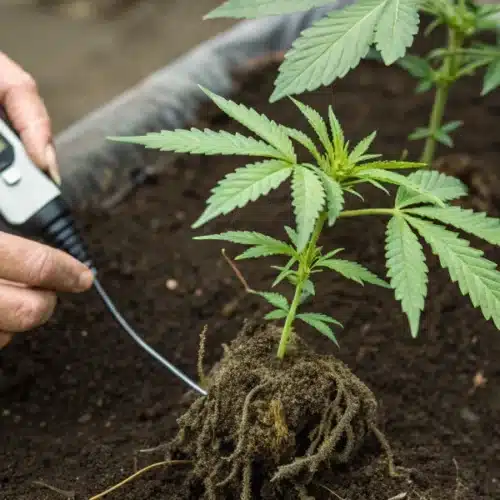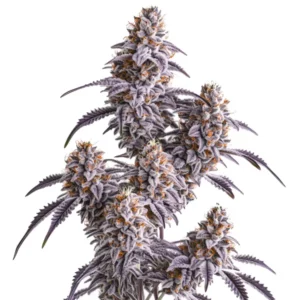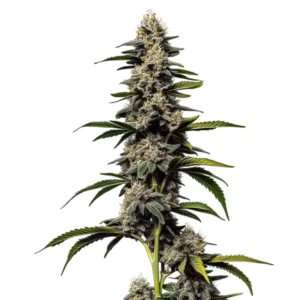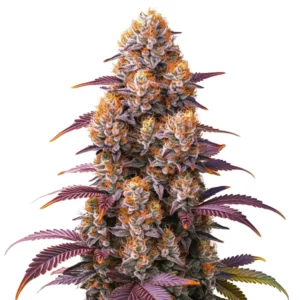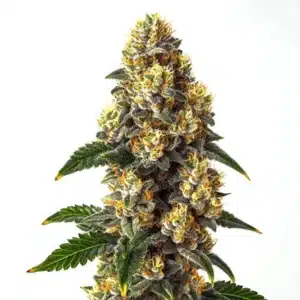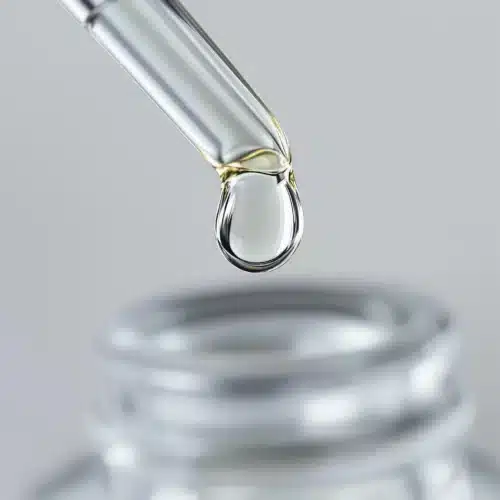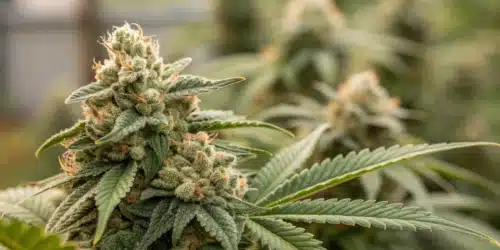What Is Cannabis Pollen and Why Collect It?
The Importance of Cannabis Pollen
How to collect Cannabis Pollen? Cannabis pollen is essential for the reproductive cycle of the plant. It allows male cannabis plants to fertilize female plants, resulting in seed production. Without pollen, the genetic diversity and breeding potential of cannabis would be limited.
For cultivators, understanding cannabis pollen offers the opportunity to innovate. By collecting and preserving pollen, growers can explore new genetic combinations, leading to improved strains and better yields.
Advantages of Collecting Cannabis Pollen
Collecting cannabis pollen provides cultivators with control over their plants’ genetics. This control allows for the creation of specific traits, such as higher THC levels or unique terpene profiles. It’s a cost-effective way to maintain valuable genetics for future projects.
Additionally, collecting pollen ensures that you’re not dependent on external seed sources. This independence supports self-sufficiency and reduces the risk of introducing unwanted traits into your grow environment.
Applications of Cannabis Pollen in Breeding
Cannabis pollen is a key ingredient in breeding new strains. By using pollen from select male plants, breeders can create hybrids with targeted qualities. This process allows for the development of strains with increased potency, resistance to pests, or faster growth cycles.
Moreover, the ability to collect and store pollen gives breeders flexibility. They can work on long-term projects and revisit specific genetics without needing to maintain live plants.
Promos & Deals
Popular Strains for Cannabis Breeding
Strains with Unique Terpene Profiles
Strains like Pink Runtz and NYC Diesel are known for their exceptional terpene profiles. Their distinct aromas and flavors make them popular choices for creating hybrids with unique sensory experiences.
Breeding with these strains introduces new layers of complexity to cannabis products. Pollen from terpene-rich strains ensures that their standout characteristics are passed on to the next generation.
Potent Strains for High THC Levels
Potent strains such as Gelato 41 and Blackberry Moonrocks are favored by breeders focused on maximizing THC content. These strains provide strong effects, making them attractive for recreational and medical applications.
Incorporating pollen from high-THC strains into breeding projects helps cultivators meet the demand for potent cannabis products. This approach also allows for the development of strains with balanced effects when combined with CBD-rich varieties.
When to Collect Cannabis Pollen
Recognizing Male Cannabis Plants
Identifying male cannabis plants is the first step in collecting pollen. These plants develop pollen sacs, which look like small, round clusters. Unlike female plants that produce flowers, male plants focus on pollen production.
It’s crucial to identify male plants early in their growth cycle. Doing so allows you to separate them from females, preventing accidental pollination and ensuring a controlled growing environment.
The Right Time to Harvest Pollen
Timing is critical when collecting cannabis pollen. Male plants’ sacs mature during the flowering stage, turning from green to yellowish as they ripen. Harvesting pollen just before the sacs open ensures maximum viability.
Missing the optimal window can lead to pollen loss or contamination. Regular monitoring and prompt action help you capture the highest-quality pollen for your breeding needs.
Protecting Female Plants During Collection
While collecting pollen, isolating male plants from females is essential. Even a small amount of stray pollen can fertilize female plants, leading to seeded buds instead of high-quality flowers.
Using separate grow spaces or tents for male plants minimizes this risk. This isolation ensures your females remain focused on producing cannabinoid-rich flowers.

Tools and Materials Needed to Collect Cannabis Pollen
Essential Tools for Collection
Having the right tools makes collecting cannabis pollen easier and more efficient. Basic supplies include tweezers, scissors, aluminum foil, and small containers. These items help you collect and store pollen without contamination.
Additionally, a fine mesh screen is crucial for sifting out debris. This ensures the purity of your collected pollen, improving its viability and effectiveness in breeding projects.
Creating a Clean Workspace
A clean workspace is critical for successful pollen collection. Pollen is delicate and can be easily compromised by moisture or contaminants. Choose a dry, sterile area to work in, free from drafts and airborne particles.
Sterilize all tools and surfaces before starting. Wearing gloves further reduces the risk of contamination, ensuring the collected pollen remains potent and viable.
Avoiding Common Contamination Risks
Environmental factors, such as humidity and pests, can ruin your pollen. Keep your workspace dry and use silica gel packs in storage containers to absorb excess moisture. This attention to detail preserves the integrity of your collected pollen.
Separating tools for different strains prevents cross-contamination. Labeling your containers also helps you keep track of different pollen sources, streamlining your breeding efforts.
Step-by-Step Guide to Collecting Cannabis Pollen
Isolating Male Plants
The first step is to isolate male plants to prevent accidental pollination. Place them in a separate grow tent or a dedicated room. This separation ensures the pollen doesn’t reach your female plants, maintaining the quality of your crop.
Male plants should be monitored closely for pollen sac development. Regular checks allow you to act quickly once the sacs are ready for collection.
Harvesting Pollen Sacs
When the sacs begin to mature, carefully remove them using sterilized scissors or tweezers. Place the sacs on aluminum foil or parchment paper. This preparation provides a clean surface for the sacs to dry and release their pollen.
Let the sacs dry in a low-humidity environment for 24 to 48 hours. Once dried, gently tap them to release the pollen. Collect the powdery substance for further processing.
Cleaning and Storing Pollen
After collecting the pollen, sift it through a fine mesh screen to remove any plant debris. This step ensures you’re left with pure pollen. Transfer the sifted pollen into airtight containers or resealable bags.
Store the containers in a cool, dry place. Label them with the strain name and collection date for easy identification and future use.
How to Store Cannabis Pollen
Short-Term Storage Tips
For short-term storage, use airtight containers to keep the pollen dry. Adding silica gel packs to the containers can help absorb any residual moisture. Place the containers in a cool, dark location to maintain their viability.
Avoid exposing the pollen to light and heat, as these factors can degrade its quality. Proper storage ensures the pollen remains usable for weeks or even months.
Freezing Pollen for Long-Term Use
Freezing is the most effective method for long-term pollen preservation. Place the pollen in an airtight container with silica gel packs to prevent frost damage. Store the container in the freezer, maintaining a consistent temperature.
When ready to use, allow the pollen to reach room temperature before opening the container. This prevents condensation, which could compromise its viability.
Monitoring Stored Pollen
Regularly check your stored pollen for signs of moisture or clumping. If the pollen appears damp or loses its powdery consistency, it may no longer be viable. Using high-quality storage materials minimizes this risk.
Keeping records of your stored pollen, including collection dates and strain names, ensures better organization and planning for your breeding projects.
Using Cannabis Pollen for Breeding
Applying Pollen to Female Plants
To pollinate female plants, use a small brush or cotton swab to apply pollen directly to the pistils. Focus on a few branches to create seeds while allowing the rest of the plant to produce unseeded flowers.
Isolate the pollinated plant to prevent the spread of pollen to other plants. This targeted approach ensures controlled breeding and high-quality results.
Controlled Crossbreeding Techniques
Controlled crossbreeding begins with selecting parent plants that have desirable traits. By applying pollen from a male plant to a specific female, you can create hybrids with unique characteristics.
Keep detailed records of your breeding experiments. Tracking the traits of parent plants and their offspring helps refine your breeding strategy over time.
Experimenting with New Strains
Breeding with cannabis pollen opens up endless possibilities for innovation. Experiment with different combinations to create strains with enhanced flavors, aromas, or effects. This creativity allows you to stand out in the competitive cannabis market.
Using these techniques, you can unlock the full potential of cannabis genetics, achieving results tailored to your preferences and goals.
Ensuring Pollen Viability
Viable pollen should have a fine, dry texture. If it appears clumpy or damp, it may have lost its effectiveness. Test pollen by applying a small amount to a female plant and checking for seed development.
Proper storage and handling techniques help maintain viability, ensuring your breeding projects are successful.
Collecting Pollen from Hermaphrodites
While it’s possible to collect pollen from hermaphrodite plants, it’s not recommended. Hermaphrodite pollen often results in offspring with undesirable traits, such as a higher likelihood of becoming hermaphrodites themselves.
Focusing on healthy male plants produces more reliable and consistent results in breeding projects.
Longevity of Stored Pollen
Stored pollen can remain viable for several months in the right conditions. When frozen, its lifespan can extend to a year or more. However, viability decreases over time, so it’s best to use stored pollen as soon as possible.
Regularly inspect stored pollen to ensure it remains dry and free from contaminants. High-quality storage materials can help maximize its shelf life.

